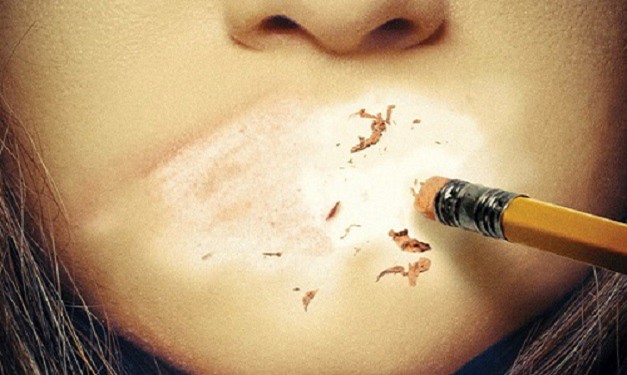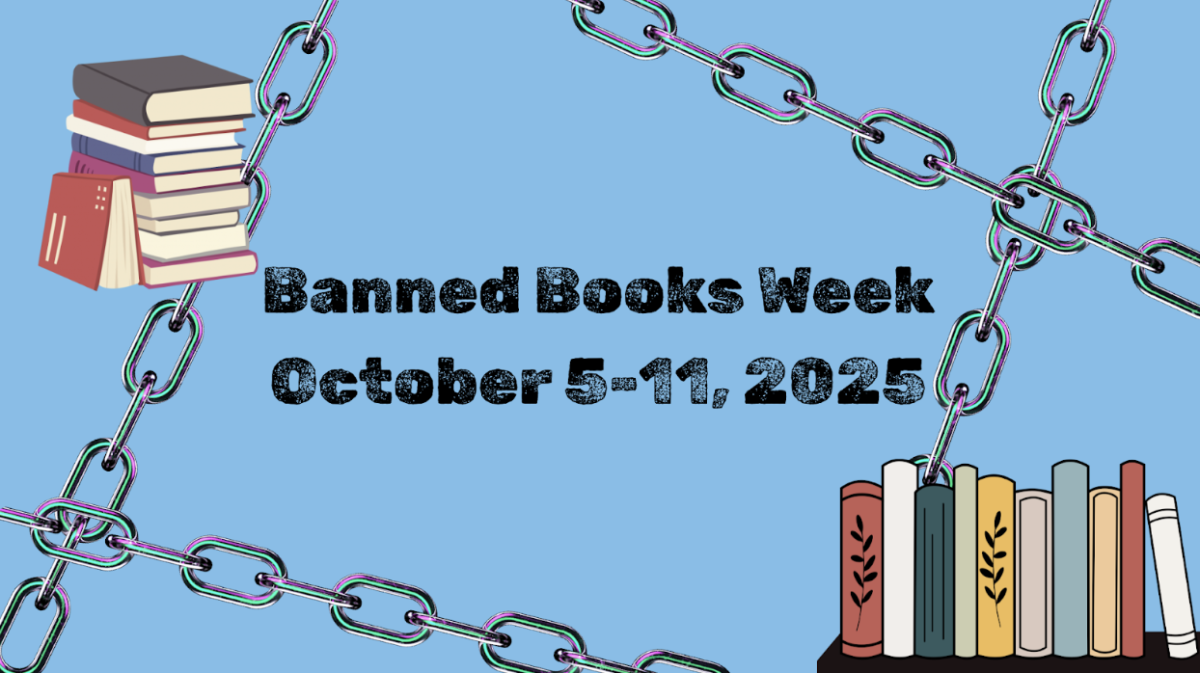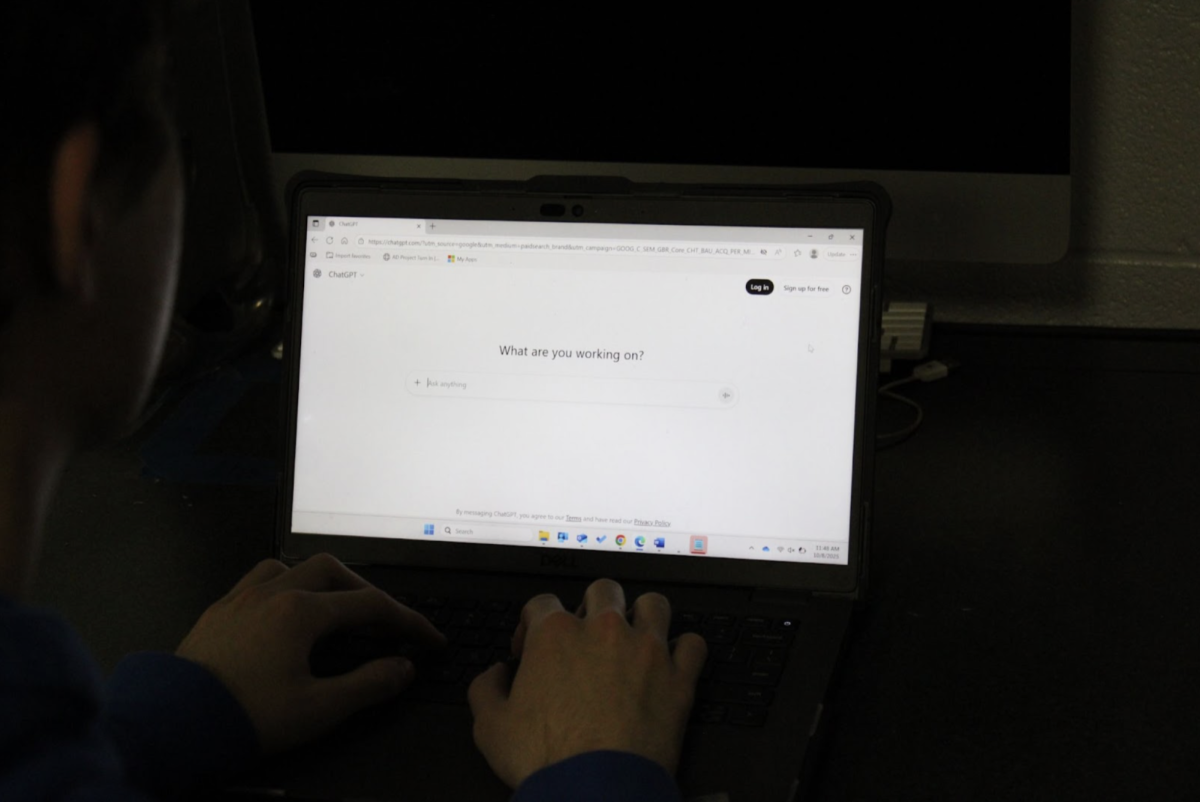PC presents unintended consequences
September 21, 2016
Political correctness has long been an agreement embraced by modern day society. It first sprouted from the democratic spirit of humanity.
Initially, political correctness was a social contract, petitioned and signed by all members of the society, in order to attain empathy and peace. It was designed to help achieve a more harmonious and understanding environment. However, nowadays some may argue this social contract has demonstrated both its effectiveness in building a friendlier environment and its ability of destroying one as well.
There is no doubt that by restraining opinions and comments in public, people have successfully prevented violence and conflicts from starting. However there is an unintended consequence as well. In addition to repair and strengthen the bond between a diverse group of thoughts and cultures, it has become increasingly common for the majority to avoid expressing their biased ideas, in fear of the clash of different voices.
But does the silence necessarily suggest approval? Those restrained thoughts certainly do not seem to be disappearing. Instead, they’re buried deep in people’s mind, boiling, waiting for a leader among them to stand up and shout. In cases like this, the unspeakable. What’s worse, people have now become easily offended to a slight joke, or even sarcasm. More often than not, these humors acts are merely there to entertain the public by reinventing the tasteless. People have become more and more sensitive. They have become afraid of non-homogeneous communication. The trace of anything doomed “itchy” is swept away from the discussion table. They seem to have forgotten the core of complex humanity.
A tool turned burden, this very social agreement became what encouraged mutual distrust and hostility, the total opposite of what it intended to be. It has become an alarming phenomenon. When people are not aware, the misuse of political correctness in society today could potentially lead to tragedy.







